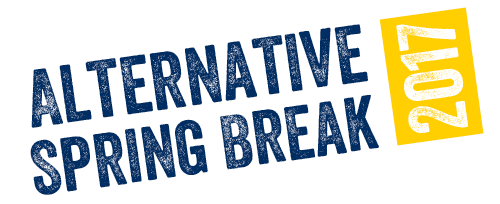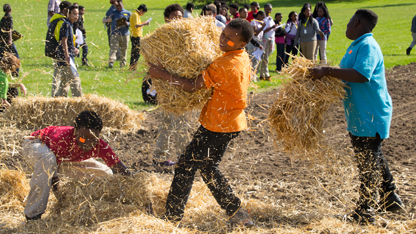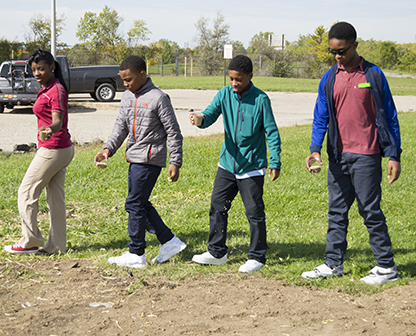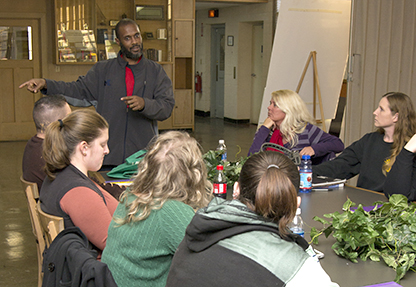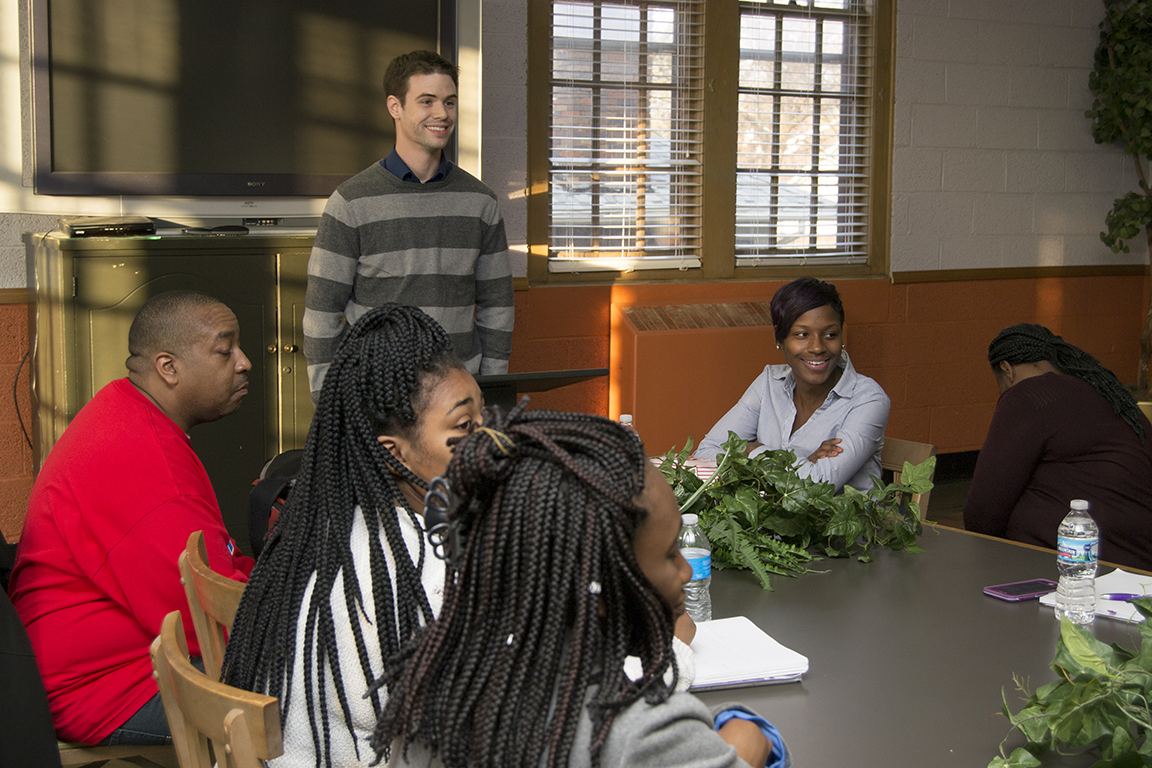By Gary Ashley
As a public institution, the University of Michigan has a responsibility to the state of Michigan, its history, and its people. Each of the three University of Michigan campuses find ways to honor this responsibility through teaching, learning, and service. As coordinators who oversee the respective Alternative Spring Break programs on the Flint, Dearborn, and Ann Arbor campuses, we saw the University’s Bicentennial Celebration as a unique opportunity to engage students from the three campuses together in a high impact learning experience centered on service within community in a way that has not been executed before.
Typically, Alternative Breaks engage small groups of students from the same campus with similar interests in service and volunteerism in an experience that yields intrapersonal awareness, interpersonal skills, and deeper understanding of the world (Jones, et. al., 2012). This project will bring together a diverse group of 30 students from all three campuses to learn from and with each other. Facilitated by a group of three student leaders (one from each campus), they will work to learn about their role in addressing community issues within the state of Michigan while directly meeting community-identified needs. We will be working on the west side of Michigan. Once the community partners have been confirmed, we will determine the social issue that these experiences will explore.
